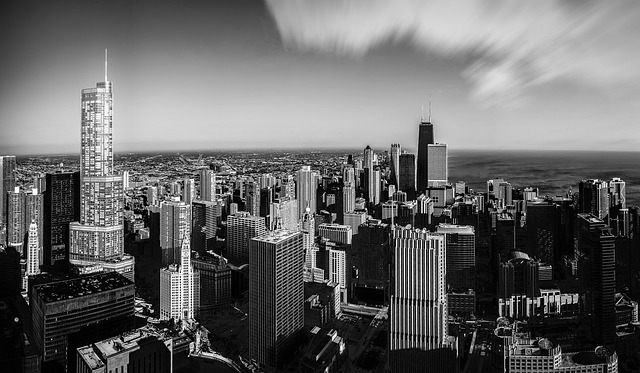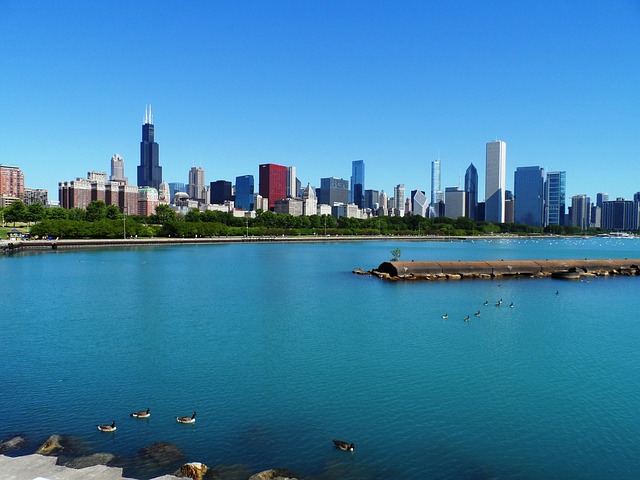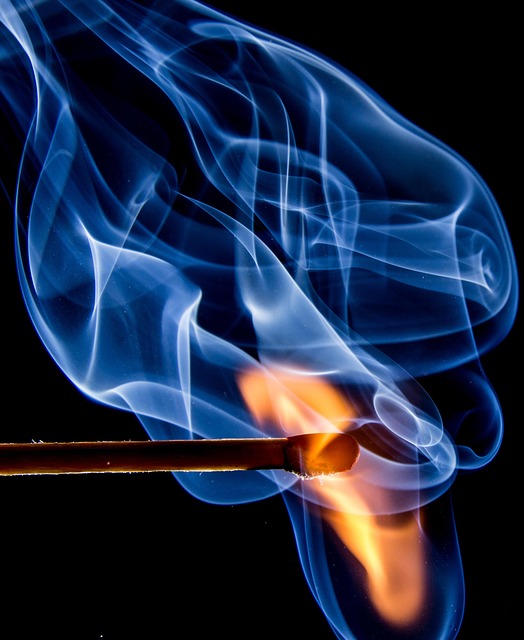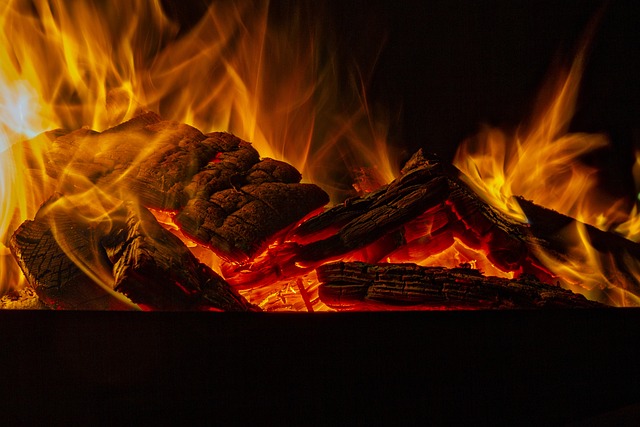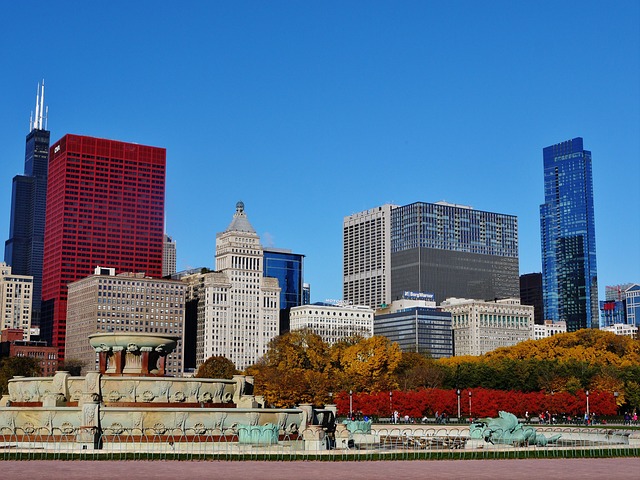Selling a home after a fire in Chicago demands adherence to strict housing regulations focused on resident safety. This includes securing permits, updating electrical systems, replacing insulation and smoke detectors, navigating building code requirements with the Building Department's oversight, and potentially dealing with insurance claims and buyer negotiations over repairs or discounts. Consulting real estate experts experienced in Chicago's market and legal landscape is essential for a successful sale while meeting the city's stringent safety standards.
After a devastating fire, navigating Chicago’s housing regulations can seem daunting. This guide is designed to help you understand the specific rules and legal considerations unique to selling your house post-fire in Chicago. From assessing damage to dealing with insurance claims, we’ll walk you through each step, ensuring you’re prepared to navigate this process smoothly and in compliance with local laws. By understanding Chicago’s housing regulations, you can confidently move forward in selling your property after a fire.
- Understanding Chicago's Housing Regulations After a Fire
- Selling Your House Post-Fire: Navigating the Legal Aspects in Chicago
Understanding Chicago's Housing Regulations After a Fire
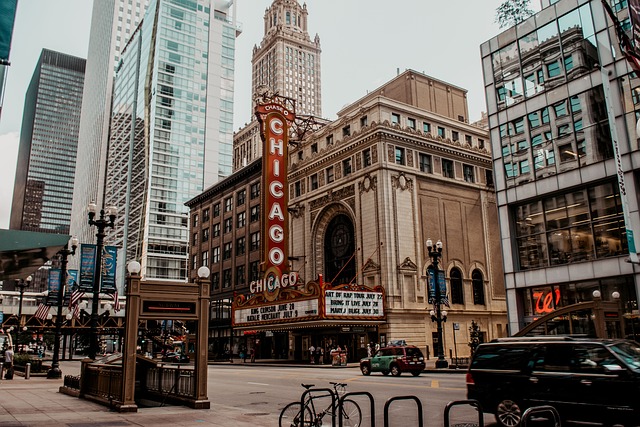
After a fire, navigating Chicago’s housing regulations can seem daunting, but understanding these rules is crucial for those looking to sell your house after fire Chicago. The city has strict guidelines to ensure the safety and well-being of residents, especially in light of potential structural damage and hazardous materials. One key regulation involves obtaining permits for any necessary repairs or renovations before proceeding with the sale. This process involves submitting detailed plans and, in some cases, undergoing inspections to verify compliance with building codes.
Additionally, property owners must address specific fire safety measures, such as updating electrical systems, replacing insulation, and installing smoke detectors. These regulations are designed to minimize risks associated with fires and ensure that homes meet modern safety standards. For individuals looking to sell your house after fire Chicago, adhering to these guidelines is not only necessary for a successful sale but also demonstrates responsibility and respect for the city’s safety protocols.
Selling Your House Post-Fire: Navigating the Legal Aspects in Chicago
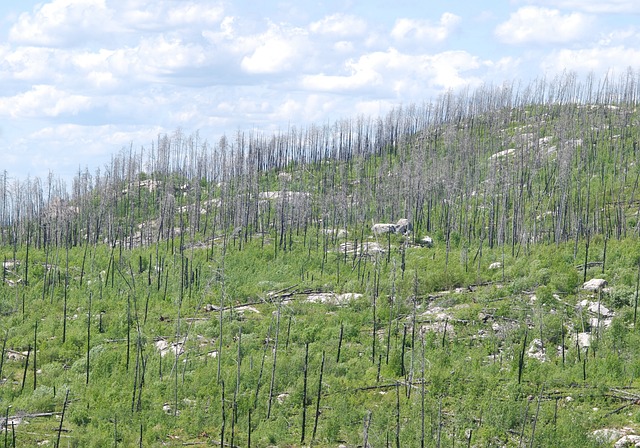
Selling your house after a fire in Chicago involves navigating a series of legal aspects that can be complex and time-consuming. The first step is to assess any damage and determine if your property is habitable, as regulations dictate that buildings must meet specific safety standards before any renovation or sale can proceed. In Chicago, the Building Department plays a crucial role in inspecting and certifying properties for safety, especially after significant events like fires.
Once your house is deemed safe, you’ll need to consult with real estate professionals who understand the local market dynamics and legal requirements of selling a fire-damaged property. The buying process may involve special considerations, such as insurance claims, potential code violations that need to be addressed, and negotiations on repairs or discounts. Chicago’s strict housing regulations ensure that all properties meet high safety standards, but they also add layers of complexity when it comes to selling a house post-fire.
When considering sell your house after fire Chicago, understanding the city’s housing regulations is crucial. This article has navigated the key aspects, from post-fire rebuilding to legal requirements, equipping homeowners with essential knowledge for a smooth transition. By following these guidelines, you can confidently navigate the process and move forward with your life.
